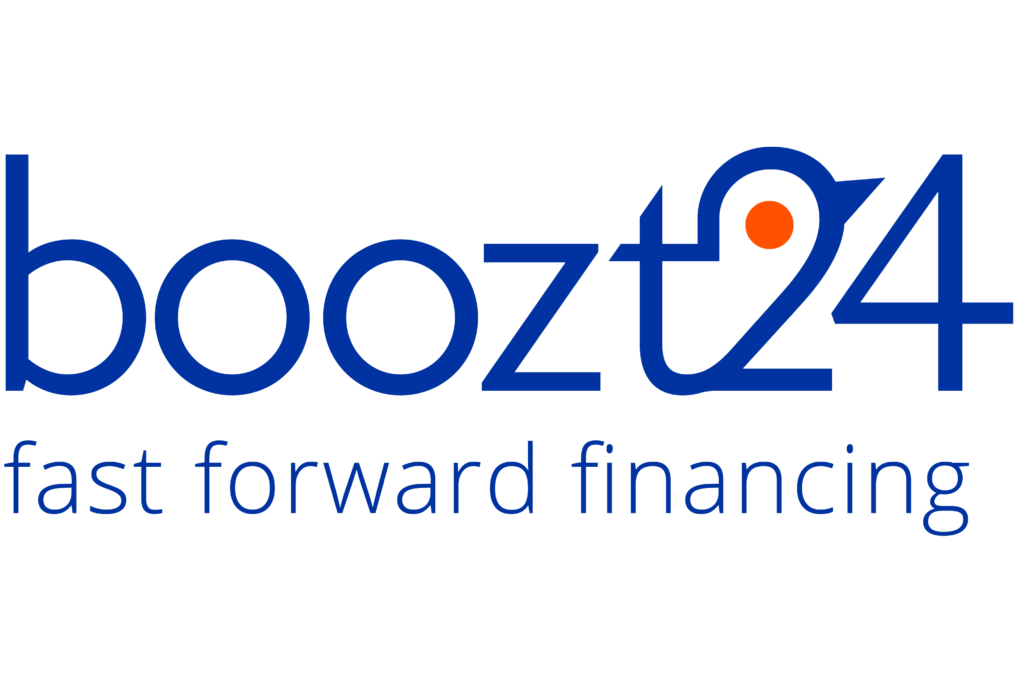Pledge prohibition: What impact does it have on SMEs?
As an SME entrepreneur you are probably familiar with the term 'prohibitions on pledges'. But what does this actually mean and how can it affect your business? In this blog, we take a closer look at prohibitions on pledging and discuss recent developments that may affect SME entrepreneurs in the Netherlands.
What is a pledge prohibition?
To begin with, let's take a look at what exactly prohibitions on pledging are. Prohibitions on pledging regularly appear in contracts that companies conclude with each other. They are intended to prevent unknown debtors from entering the picture. In other words, a pledge prohibition limits the ability of suppliers to transfer or pledge their receivables as security for a loan to banks or other lenders.
Major change coming
Recently, however, a significant change is underway. A bill has been presented in the “Tweede Kamer” (House of Representatives) to prohibit pledging prohibitions. This means that (large) companies are no longer allowed to include prohibitions on pledging in their purchase conditions. This gives suppliers the freedom to transfer or pledge their receivables as security for a loan. This change can have significant consequences, especially for small and medium-sized entrepreneurs.
For SME entrepreneurs, the ban on pledging can turn out to be beneficial. It allows them to use their outstanding receivables as collateral for financing or sell them to factoring companies. This opens up new possibilities for obtaining additional financing, which can be particularly important for small and medium-sized enterprises. (KvK)
Ban on pledging bans stimulates growth for SME entrepreneurs.
The problem with prohibitions on pledging is that banks and factoring companies cannot use receivables subject to a prohibition on pledging as collateral for lending. This limits access to finance for entrepreneurs and can hinder growth and investment. According to estimates by MKB-Nederland en VNO-NCW , without this restriction, approximately EUR 1.2 billion in additional financing would be available, particularly for SMEs.
Not only SME entrepreneurs are in favor of the ban on pledges. Industry associations MKB-Nederland and VNO-NCW have also spoken out in favor of an end to these bans. They believe that the Netherlands will be isolated when it comes to bans on pledges, as neighboring countries have already amended the legislation on these bans.
Important steps taken: Prohibition of pledge bans pending approval
Already in 2016, MKB-Nederland, VNO-NCW, the Dutch Banking Association and the factoring association FAAN jointly submitted a proposal to the Ministry of Security and Justice to use receivables as collateral, with the goal to maintain the relationship between customer and supplier. A bill is now in the House of Representatives.
Although the effective date of this change has not yet been finalized, it is important for SME entrepreneurs to stay informed of developments in this area. The ban on pledging prohibitions can have a significant impact on the financing options and growth potential of your company.
As an SME entrepreneur, it is wise to keep a close eye on developments regarding bans on pledging. It is advisable to contact your trade association or business advisor to discuss what these changes mean for your specific situation.
In short, the prohibition on pledging offers new opportunities for SME entrepreneurs in terms of financing and growth. Removing this restriction can lead to greater access to capital and boost the economic development of SMEs. Stay on top of developments and make sure your company is ready to benefit from these changes.



